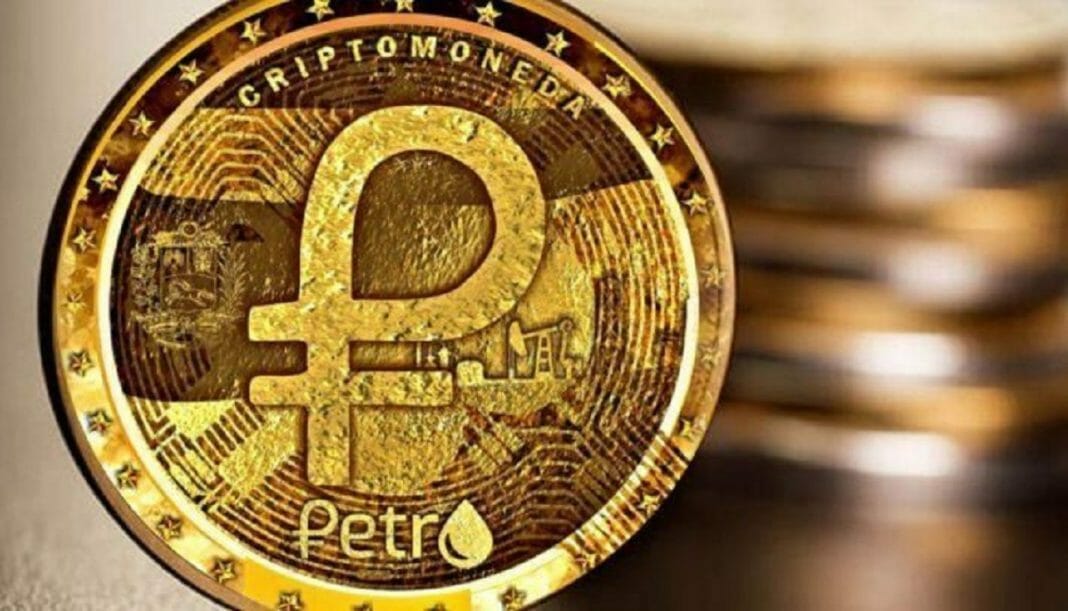Consecomercio expressed its opinion on the measure that obliges to keep accounts in petros. The business agency considers that the Petro does not have the necessary robustness to position itself as a cryptocurrency.
The National Council of Commerce and Services (Consecomercio), a Venezuelan business organization, stressed that in the last two years cryptocurrencies have become a necessary option to make movements to different means of transactional payments.
This information was disseminated in a statement published on Twitter and issued by the Economy Commission of that business leadership, in order to express its opinion on the recent measures decreed by the Venezuelan Executive in relation to the cryptocurrency Petro (PTR).
In the document, the agency concludes that, at the present time, the petro seems to lack the necessary robustness to position itself in the market as a cryptocurrency. This conclusion is reached after an analysis of the Venezuelan government’s recent decision to decree the obligation to keep double accounting records, in both bolivars and Petro.
In the same document, Consecomercio also recognizes the “undeniable importance and relevance of using cryptocurrencies in Venezuela, given the limitations that businesses and citizens have to move their money in bolivars due to various circumstances.”
Problems Regarding Petro
As for the other measures taken by the president of Venezuela, Nicolás Maduro, which involve the use of petro in different administrative procedures, the Economy Commission, composed of Andrés F. Guevara B., José Miguel Farías, Rednaxela Sequera and Antulio Moya, stressed that the main problem with PTR seems to be that it has origin flaws, which makes it really difficult to know how it may be used in the national economic system.
The Consecomercio Economy Commission explained that Petro had initially been promoted as a cryptocurrency. This project was rejected as it did not enjoy trust, a key factor in this type of financial assets. In addition, the economic agents were not clear about the role it would play. For example, the commission did not know if the instrument would be used for the payment of salaries, such as a unit of account, a form of value reserve or a reference to trade currencies, among others.
The agency adds that, after this resounding failure, the government has sought that Petro be applied as a unit of referential value in the country. It is also unclear what its applicability can be in an increasingly dollarized economy at a transactional level such as Venezuela. Besides, “the strategy of using the Venezuelan cryptocurrency seems to have no connectivity with the Central Bank of Venezuela at the present time.”
Likewise, it is asserted that “there is no consistent and harmonious economic policy behind this asset,” which simply continues to increase the uncertainty and doubts surrounding this financial project.
Economic analysts believe that the government decree that forces public and private companies, as well as natural persons, to keep double accounting records, further distorts Venezuelan economic activity. This does not solve the existing structural problem but, on the contrary, it becomes an accessory element that hinders the application of effective solutions.
By Willmen Blanco











